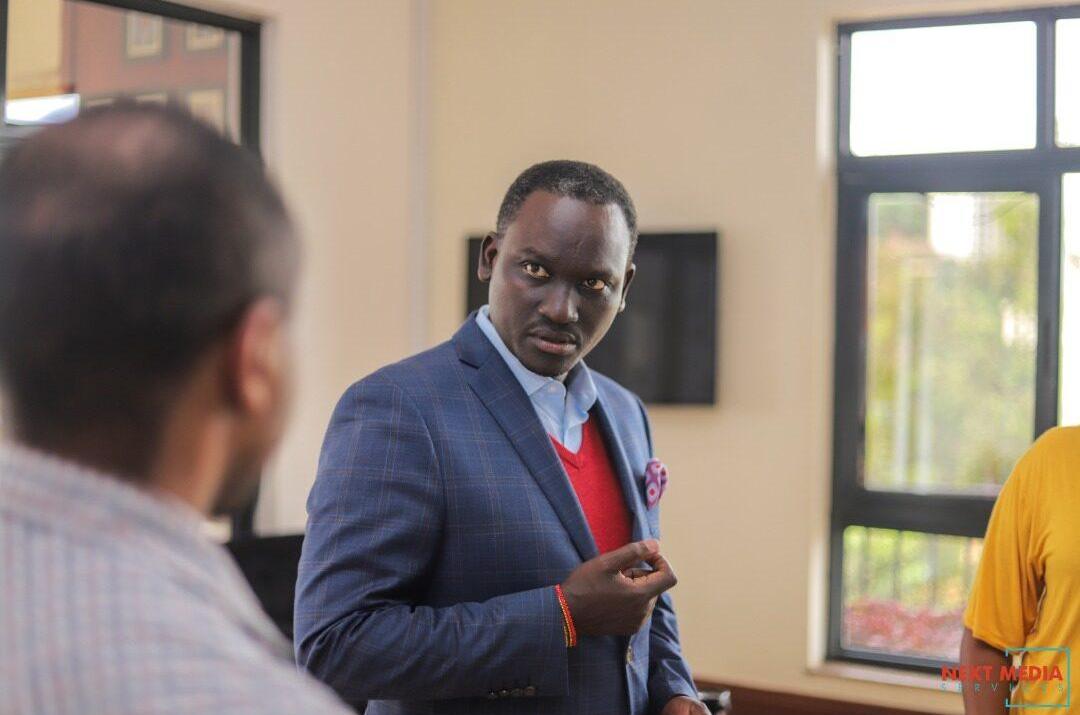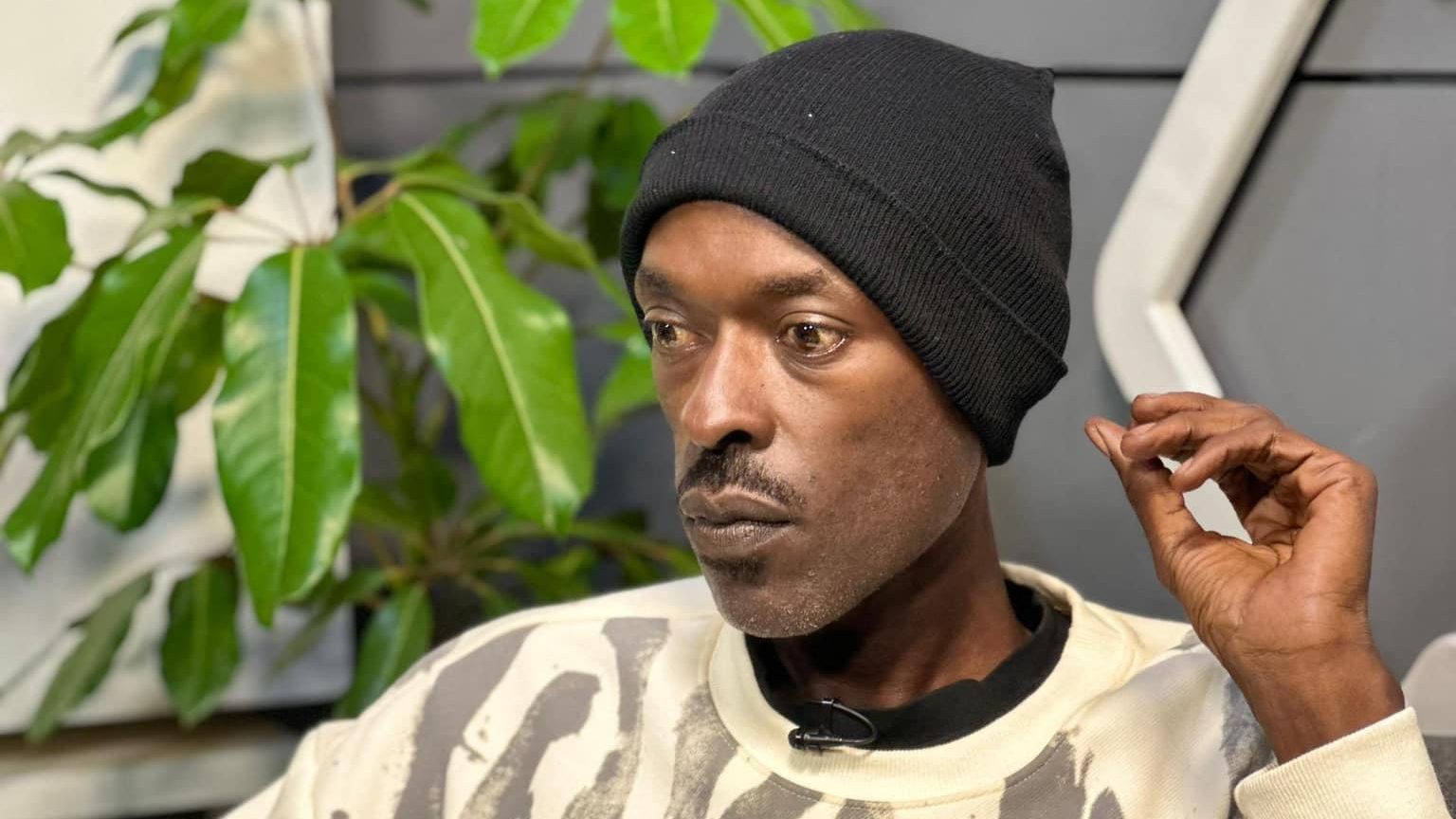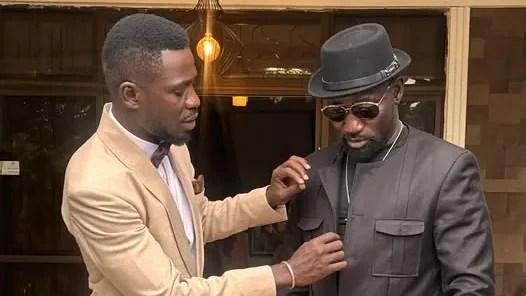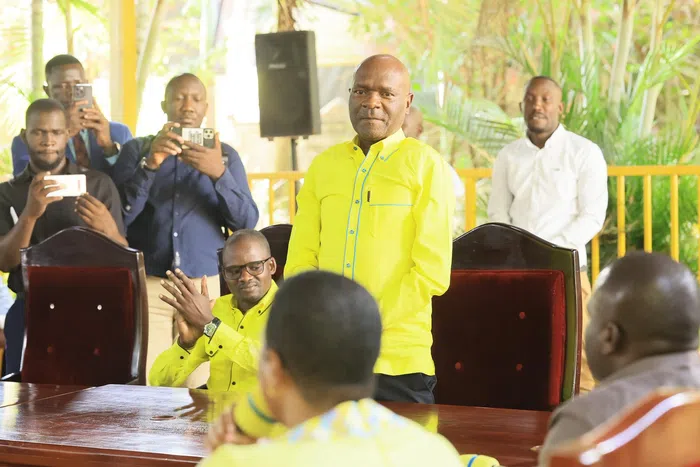Next Media Services CEO Kin Kariisa has sounded a strong warning to radio and TV owners across the country, urging them to modernize their operations or risk losing their advertising revenue to the fast-rising wave of online “village TV” creators.
Speaking at the Rural Broadcasters Association meeting, Kariisa said digital creators—whom he described as “invaders”—have grown into serious competitors with blogging TVs, livestream channels and community-based online stations now directly targeting the same advertisers as mainstream broadcasters.
“People invaded us. Everyone is now a media house… Village TV, Kaaro TV, What This TV—they are broadcasters,” Kariisa said.
He noted that traditional media initially ignored these online platforms as gossip hubs, but they have since evolved into fully fledged broadcasters now commanding major digital advertising.

According to Kariisa, companies are already spending $250,000 (nearly UGX 1 billion) monthly on digital platforms—money that would traditionally go to TV and radio stations.
Calls for Equal Regulation and Licensing
Kariisa urged the Uganda Communications Commission (UCC) to enforce equal regulation, taxes and license fees on digital broadcasters who have now scaled up their operations.
“We are not against them, but the same rules that apply to us should apply to them. They need to pay taxes and license fees because they are broadcasting to Ugandans.”
“Every Radio and TV Needs a Digital Arm”
The media boss challenged broadcasters to stop underestimating the digital shift and immediately establish strong digital departments to remain competitive.
“If you don’t, as people keep sharing that wallet, you’ll be out of it. Every radio and TV needs a digital arm.”
Kariisa also predicted a major decline in print media, boldly claiming:
“I don’t think newspapers will still be printing in five years. Mark my words.”
Leverage Your Own Presenters
He encouraged stations to work closely with their presenters—many of whom have strong online influence—to drive traffic to their official platforms rather than only building personal pages.
“Your people are celebrities. Work with them to build your platforms, not just theirs.”
Mainstream Media Still Trusted Most
Despite the pressure from social media, Kariisa said mainstream media remains the most credible source of verified information.
“When there’s breaking news, which handles do they run to? Monitor. Nile Post. Your platforms.”
He advised broadcasters to create compelling digital content that keeps audiences coming back to their official pages across Facebook, X, YouTube and other platforms.
A Final Call to Action
Kariisa concluded with a strong message:
“Let’s fight for our space. If you don’t modernize, you won’t survive.”







